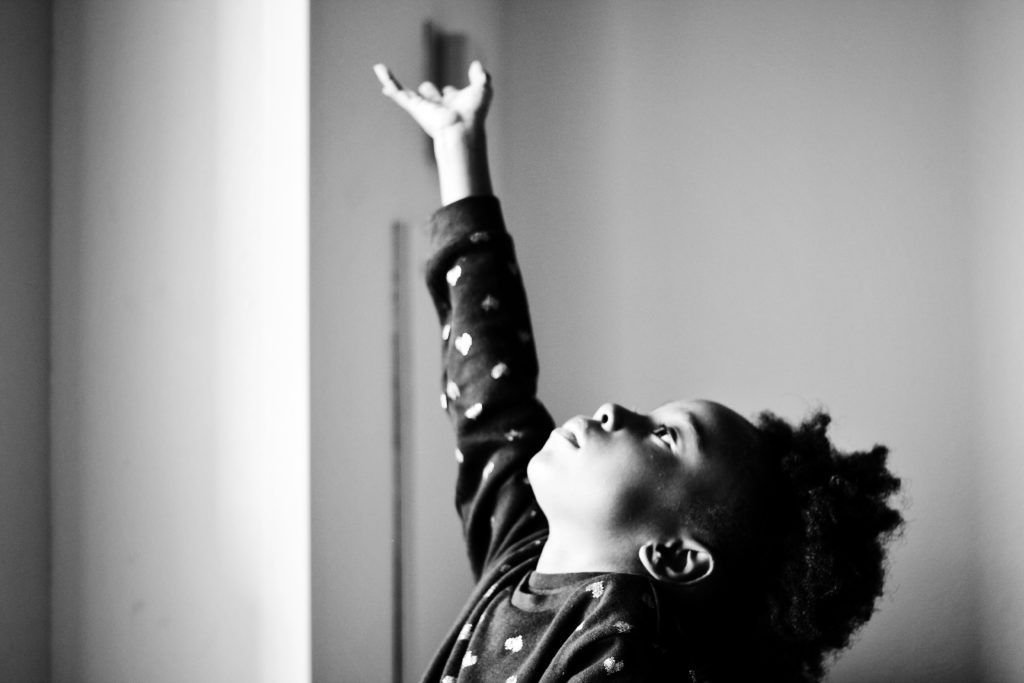My Dad is into history. Growing up we would have arguments over things like what precipitated the fall of the Roman Empire. Since we were Black people, African Americans, living in the Deep South the Confederacy was deeply entwined into our history. The history of our environment and our personal histories. It’s why I never liked studying American history. The people teaching me seemed to have a vested interest in telling a particular story. I remember going to plantation homes where guides in antebellum petticoats glided through hallways telling us tales about the people and things of the Big House. Occasionally, rarely, a “servant” might be mentioned. But only and always in relationship to and as defined by the “masters”.
My town, and the middle and high schools I went to, had a roughly 50/50 Black/white population. Still does though we have more Asian and Latinx people now. In 8th grade, the year we study state history (yes, we study state history for a whole year in much of the US), my (Black!) history teacher agreed it would be a good idea to take my middle school’s roughly half Black 8th grade class to the plantation around the corner. We took the tour and were then given the opportunity to work in the summer kitchen. My group was assigned the task of churning butter. No one thought twice about the idea of Black kids, in the slave kitchen, working. My high school was named after a Confederate war general. Our teams were called the Rebels and Confederate flags were part of their uniforms.
Decades later I toured Auschwitz-Birkenau. A bunch of us met the tour bus on a beautiful Polish morning. People were laughing and chatty on the way there. As we got closer the guide began telling us a little about the site. The history we all know and the rules for behavior once we got there. We were reminded to treat the site with dignity, solemnity, and respect. Auschwitz-Birkenau, we were told, is a memorial, not a tourist attraction. Our on-site guide, called an educator, told us that the educators all have a connection to the site, often being the descendants of survivors though I have not been able to confirm this in my research online. Being guided through the history of Auschwitz-Birkenau was a sobering experience. There was no laughter and little in the way of chitchat on the bus ride back to Krakow. Most of us simply sat in silent contemplation.
I couldn’t help but think about the many plantations I have been to. Imagine if plantation tours focused instead on the people who worked the fields and ran the households. Imagine the descendants of the enslaved speaking about the lives of their great-great grandparents; about how they viewed the ”master” race. A plantation tour without costumes and reenactments. No Civil War themed menus in cute little cafes. No stores selling souvenirs of Confederate glory. There would be no denial of the murder, mutilation, and torture that made plantation life possible. And maybe, just maybe, instead of shouting “Rise again!” people would cry “Never again!”
Part of this is because America. We held a slave auction at Colonial Williamsburg because authenticity. We have a Christian themed amusement park where we crucify Jesus on the daily. For years the History Channel was jokingly called the World War II channel because of our tendency to replay our glory and our pain over and over again. Part of it is plain nostalgia. Even African Americans are guilty of glorifying our segregated past. We harken back to some mythological era of where a Black economy supported and sustained healthy, strong Black communities ignoring or forgetting about the lynching, the terror, the wholesale destruction of entire towns. Part of it is because Americans lack empathy. It’s in our individual, bootstrap identity to blame or praise people for their circumstances largely ignoring the realities they went through to get where they are. It’s why we can call people who inherited millions “self-made” and blame people for being born into poverty.
While no person alive today is responsible for slavery there are plenty of still existing institutions, including the federal government, that promoted and profited from it. Bank and insurance companies from Aetna to Wachovia insured and took loans against human collateral. Pretty much the entire Ivy League raised money and recruited students from rich, slave-owning families in the South. Brooks Brothers got its start selling clothes to slave traders. America’s enslaved population by 1860 had an estimated market value of seven times the value of currency in circulation.
By the mid-19th century the US had undergone large scale industrialization, only the second country to do so. Race-based chattel slavery colored the very foundation of our economic and political life. Suresh Naidu, professor at Columbia, notes that the slave-based economy of 19th century America is a direct contributor to the development of our current economic and financial systems. The legal structures of capitalism as they currently exist in America were established to protect the interests of those who invested in the buying and selling of human beings.
Businessmen of the early and mid-19th century were aware of the moral issues surrounding slavery. And even back then there were influential business interests who worked conscientiously against American race-based chattel slavery. Industrialists who refused slave-grown cotton or people like the Tappan brothers, a pair of wealthy New York City businessmen, who used their fortunes to assist the abolitionist movement. These were businessmen and merchants who combined their dealings in industry with anti-slavery activism. They illustrate that business and morality are not, in fact, polar opposites. It is possible to both seek profit and justice. That it is necessary to do so.
More often we see in the correspondence of business leaders of this era an effort to separate business and morality into divergent jurisdictions. These leaders of business recognized the moral problems of American race-based chattel slavery but tried to separate the immorality from the need to make profit. We see and hear these same excuses today. That companies exploiting children, stealing water from communities in need, or are destroying our environment are only giving the people what we want. There is even the idea that a company, as legal person in the eyes of law, has the moral imperative to make a profit. Rationalizations that seek to insulate business from moral responsibility have become the norm.
Things are better today for Black Americans than it has been for African Americans in the past. Legal slavery, outside of the prison industrial complex, has ended. Segregation is no longer state mandated nor federally enforced. Black people throughout modern America function with unequal protection and access under the law. African Americans of the past, North, South, East, and West , operated with no protections or access. But I want more for my daughter.

We, Americans, continue to insist that America’s modernization was about entrepreneurship, inventiveness, markets, and change. This allows us to deny the evolution of, the maintenance of, and, most insidiously, the justification of race-based chattel slavery that is woven into our economic, moral, and political systems to this day. Instead of acknowledging and attempting to right the wrongs of the past we contort ourselves to shed responsibility for things done and things being done. Most damningly, and over and over again, we blame the victims. I would argue that history will not look kindly upon this. But, so far, history has proven me wrong.
